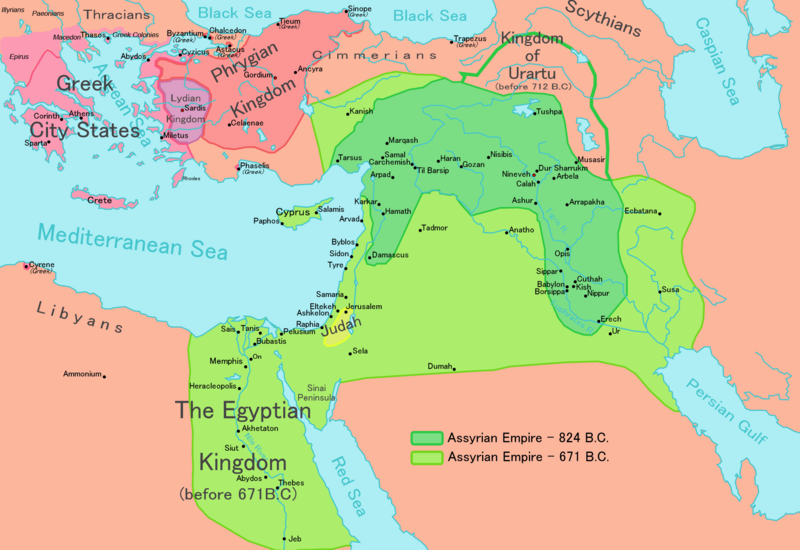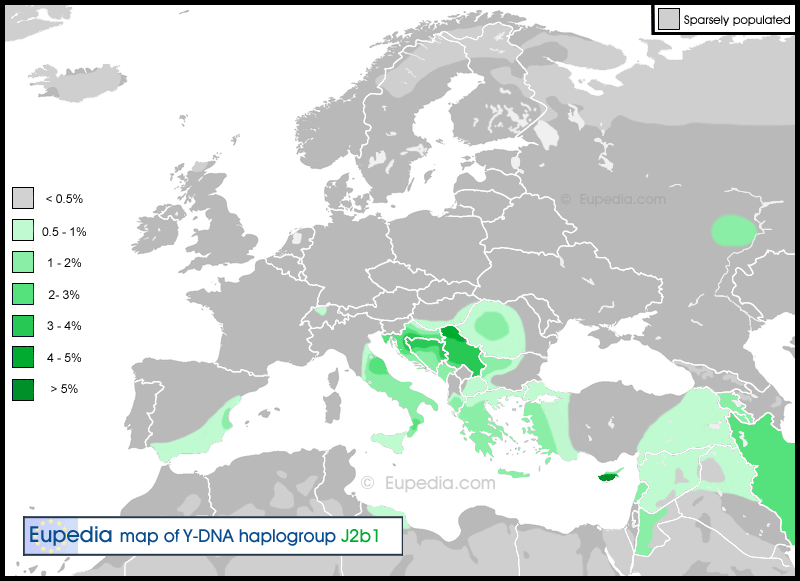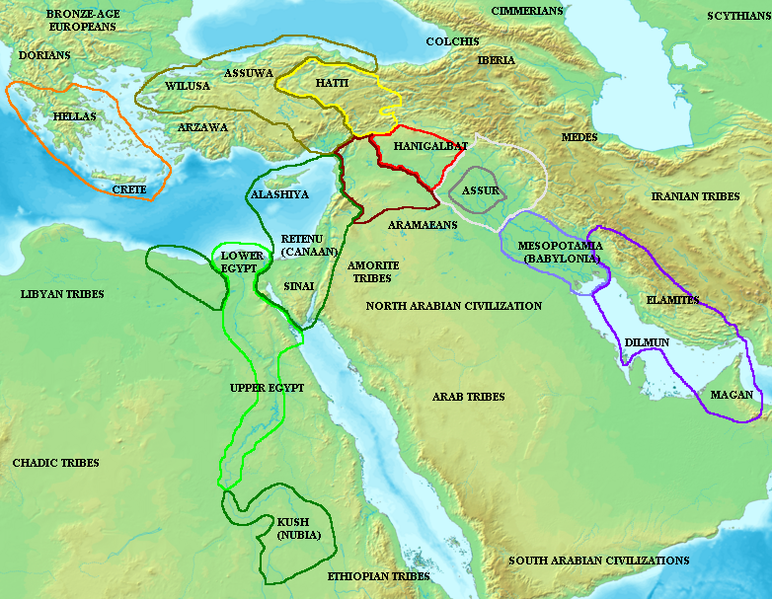MOESAN
Elite member
- Messages
- 5,888
- Reaction score
- 1,294
- Points
- 113
- Location
- Brittany
- Ethnic group
- more celtic
- Y-DNA haplogroup
- R1b - L21/S145*
- mtDNA haplogroup
- H3c
I take on very late: yoy give life again to a very heavy and indigest thread where I red a lot of interesting things and too a lot of "rubbish"Curiously, a son of Zebulun is called Sered, founder of family/tribe Seredites.
http://en.wikipedia.org/wiki/Zebulun
Now, Seredites would logically be written down as "srd" in middle east manuscripts, which is a name under which we find Sherdana...
note that i do not imply Israelite origin of Sered...
what I say is that every Israelite tribe had myth of origin that defined its relation to other tribes and that Israelite manuscripts wrote those down.... while Sered people perhaps existed much before this is written down and same as other northerners who came with "sea people" majority of them lived outside of their Palestine colony.....
but it is just an idea of course...
Asher is probably same as ancient Assyrian/Syrian
now core of Asyrian empire matches in shape and location fairly well distribution of Kurds today


Sorani (central Kurdish folk) would be a continuation of Asher/Assyrian/Syrian tribal name...
Egyptian sources: in 12th century Hittite collapse and their lands (Hatti, Karkemisch, Syria...) are taken over by sea people....sea people are coalition of northerners from all lands....
Assyrian sources: in 12th century Hittite falls under Phrygians and Assyrians take over what is now called Syria (but Assyrians = Syrians in Greek sources)

now, this leads to conclusion: among "sea people" are Phrygians, but probably allied with Assyrians and some other people...or as Egyptians stated "northerners from all sides".
why "sea people"? perhaps many of them share Dagon worship religion....worship of genuine "sea people".... but is that really the case?
the multiple origins of the Sea People is for me well established (backed up?) -
surely the consequence of several important "domino" events pushing into play a lot of different stocks of tribes (different languages and origins, I-E and not) -
doing hypothesis is a first step in science so I see no matter here to conflict -
but hypothesis is not proof: I find you go very quickly to identification when you speak about 'ser', 'serd', 'serb', 'scord' (you identifying 'serbonis' and 'sharadan': some changes verified in some languages didn't take place in others ones... linguistic is not a shoolyard play - B and D appears to me well differentiated by ancient Egyptians scribes, as an example... for S(h)erdana and Sardinians (modern) I sea a possible link with Sardes, a region of Pontus (N-Anatolia), and for the Dan- one in W-Anatolia-S-Balkans
I don't find stupid the searching of old tribes names correlations (the proof is just above) but we have to be more cautious -
& remark: consider languages as a stuff folks can change at command is very surprising to me: at modern times we see how hard it is to learn new languages! only a "drown down" situation makes it possible or an inferior cultural political position and yet then it takes some centuries... (what the direction, Gauls and Franks didn't change language in 5 minuts...




